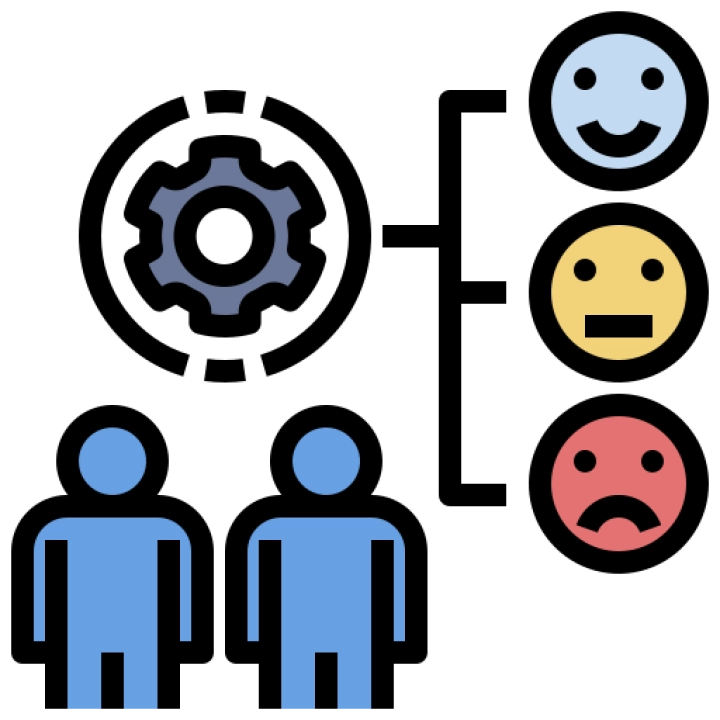College: Graduate Programs Institute
This specialization offers a comprehensive understanding of the principles and practices of organizational behavior, focusing on the study of human behavior within organizational settings. Students will explore key topics such as leadership, motivation, team dynamics, and organizational culture. The specialization emphasizes integrating theoretical knowledge and practical skills to prepare students for careers in human resources, management, and related fields.
Learning Objectives:
- Understand the fundamental principles of organizational behavior and their role in the success of an organization.
- Develop skills to analyze and influence individual and group behavior within organizations.
- Learn effective leadership and motivation techniques.
- Explore the principles of team dynamics and organizational culture.
- Understand the impact of organizational structure and design on behavior.
- Analyze challenges and opportunities in organizational behavior work.
- Develop critical thinking and problem-solving skills to address challenges in organizational behavior.
Main Scheme:
Introduction to Organizational Behavior
- An overview of organizational behavior, its history, and its importance in organizational success.
Individual Behavior and Motivation
- Fundamentals of individual behavior, including personality, perception, and attitudes.
- Techniques for motivating individuals and enhancing job satisfaction.
Leadership and Decision Making
- Principles of leadership, including transformational and situational leadership.
- Techniques for effective decision-making and problem-solving.
Team Dynamics and Group Behavior
- An overview of team dynamics, including group formation, roles, and communication.
- Techniques to enhance collaboration and manage group behavior.
Organizational Culture and Change
- Fundamentals of organizational culture, including values, norms, and practices.
- Techniques for managing change and organizational development.
Ethics and Professional Practice in Organizational Behavior
- An overview of ethical and professional considerations in organizational behavior.
- Techniques to ensure ethical and professional behavior in organizational settings.
Specialized Topics in Organizational Behavior
- Principles of specialized topics, including diversity and inclusion, organizational communication.
- Techniques for conducting in-depth research on specialized topics.
Emerging Trends in Organizational Behavior
- The impact of emerging trends, such as remote work and digital transformation, on organizational behavior.
- Techniques for integrating new trends into organizational practices.
Assessment Methods:
- Case studies and projects to evaluate understanding of organizational behavior principles.
- Written assignments and research papers to assess knowledge in leadership and team dynamics.
- Presentations and reports on organizational culture and change.
- Participation in group projects and organizational simulations.
Recommended Books:
- "Organizational Behavior: Improving Performance and Commitment in the Workplace" by Jason Colquitt, Jeffrey LePine, and Michael Wesson.
- "Leadership in Organizations" by Gary Yukl.
- "Organizational Culture and Leadership" by Edgar H. Schein.
Prerequisites:
A basic understanding of psychology and business principles is recommended. This specialization is suitable for students in management, human resources, and related fields.
Duration:
This specialization typically lasts four academic years, with a combination of lectures, case studies, and practical training.
Certification:
Upon successful completion of the program, students may obtain a degree in organizational behavior, depending on the program and institution.
Target Audience:
This specialization is designed for undergraduate and graduate students in management, human resources, and related fields, as well as professionals seeking to enhance their skills in organizational behavior. It prepares students and professionals to excel in organizational behavior, leveraging theoretical knowledge, practical skills, and an understanding of emerging trends to effectively analyze and influence human behavior within organizations.

